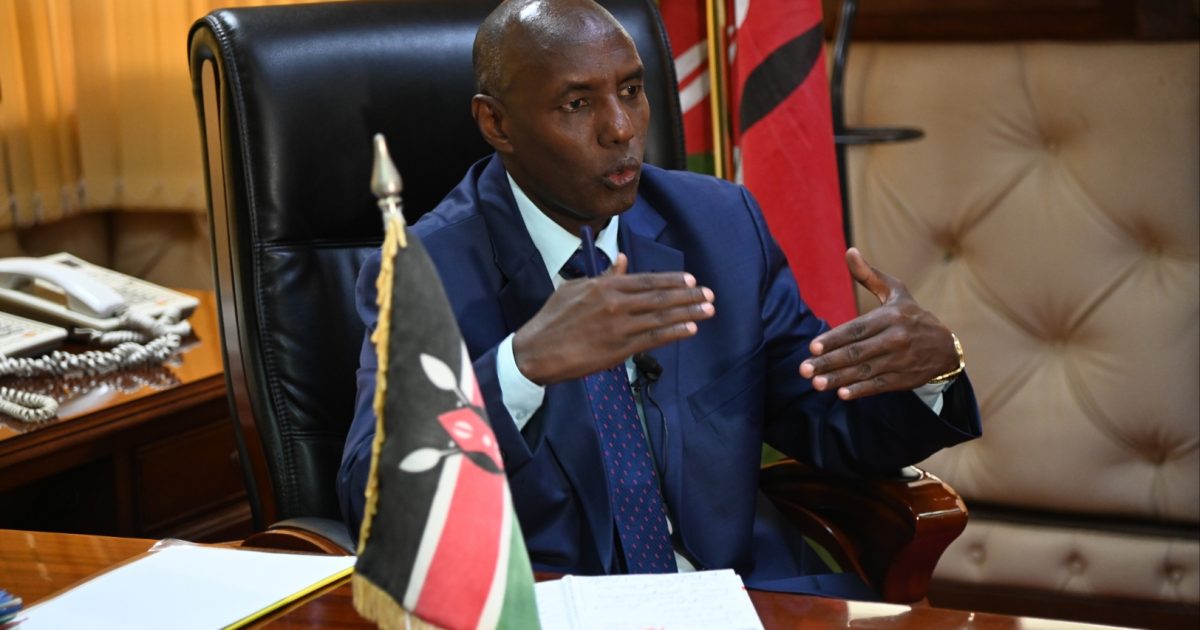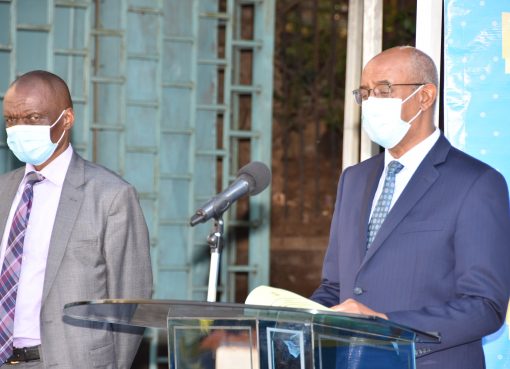The Ministry of Agriculture and Livestock is working on modalities to promote the growth of crops that are rich in production of biofuels in Arid and Semiarid Lands (ASAL) in the country.
The Ministry in partnership with (ENI) group, an Italian agency have finalized plans to enhance production of castor oil, croton, and cotton in the largely under-utilized ASAL areas.
With 80 per cent of the country’s land mass classified under arid and semi-arid areas, the move will significantly increase the country’s agricultural production.
The Department of Crop Development, under the leadership of Principal Secretary Kello Harsama, will be leading the way in this project, which aims to use marginal or degraded land to grow crops that do not compete with the food supply chain.
ENI has already supported more than 50,000 farmers in 11 counties and established a processing plant (agri-hub) in Makueni County with a production capacity of 15,000 tons per year. The vegetable oil produced by this plant is currently used at the Gela refinery in Italy.
To expand this program, a second agri-hub will be launched in the latter half of 2023, with more planned in the years ahead, aiming to produce 200,000 tonnes by 2026.
This expansion to more counties, with plans to reach over 200,000 farmers and 200,000 hectares, will have a significant impact on the lives of these communities, creating economic opportunities and improving overall agricultural production.
To achieve this goal, the initiative will involve the provision of technical support and training to farmers on modern agro-forestry techniques, such as intercropping and soil conservation practices.
The initiative is set to transform the livelihoods of these communities by providing a reliable source of income and improving the economic conditions of the ASAL areas.
In an interview with ENI, PS Kello Harsama emphasized the potential of this initiative to positively change the lives of the communities in the largely previously referred to as marginalized areas.
With this project, he said the government seeks to create economic opportunities for the local communities in the ASAL regions while increasing the country’s overall agricultural production.
The 11 counties include Makueni, Kitui, Kilifi, Kwale, Taita Taveta, Nakuru, Baringo, Embu, Kirinyaga, Machakos, and Lamu. Twelve more counties will be added to the project.
By Ian Chepkuto





